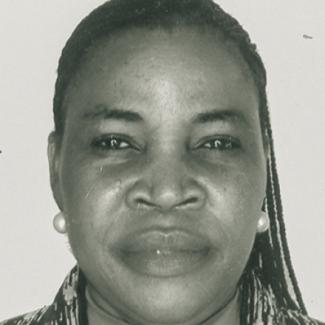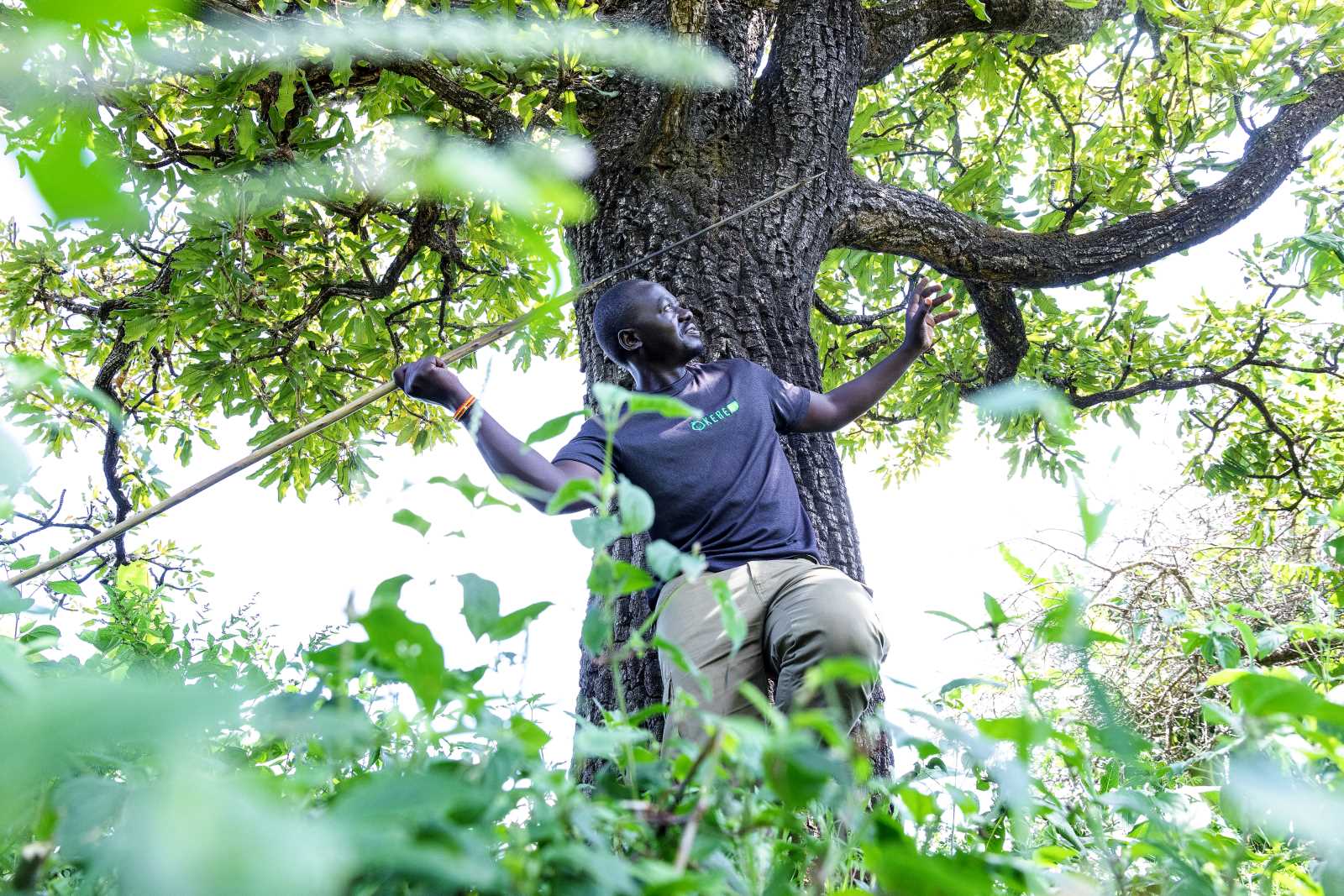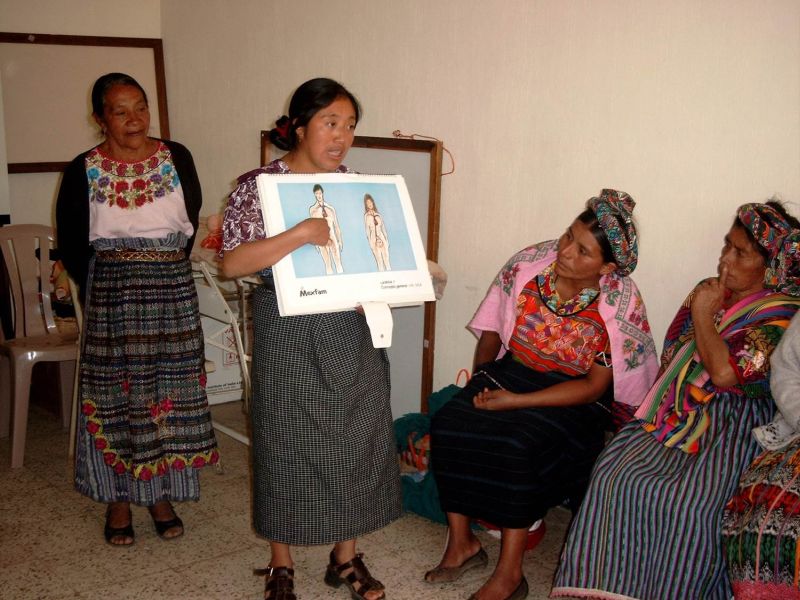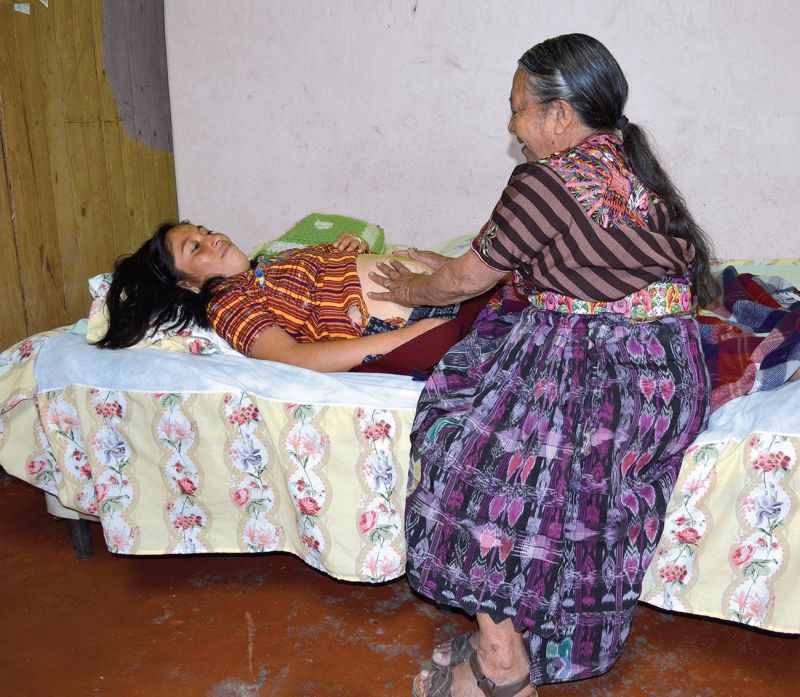Traditional health care
Escaping the curse of childlessness

Scholars have identified two kinds of traditional healers in Nigeria: herbalists and diviners. The herbalists offer practical, day-to-day preparations aimed at removing physical blockages to conception. The diviners are more like priests who explore patients’ subconscious to root out psychological or moral hindrances that might block fertility.
Traditional cures are known to work sometimes. To some extent, science can explain why, but psychology matters too. In many African countries, moreover, belief in supranatural powers is quite common.
In some parts of Nigeria, a married woman who fails to produce a child is considered a witch – a person possessed by evil spirits who might do harm to others. “To this day, I avoid family gatherings,” says Depeju, a childless wife. “If I bring snacks for my sister-in-law’s children, for example, my sister-in-law forbids them to eat the snacks, saying I might poison them.”
All over Africa, infertility is associated with a variety of superstitions. Some tribes believe that malignant spirits do not let a woman conceive. Hardly ever is infertility considered to be the husband’s problem. Accordingly, there is also the belief that benign deities can help women get pregnant.
Goddesses of the Yoruba pantheon
For example, the Yoruba people of southwestern Nigeria believe that the goddess Yemojah is the giver of life who can relieve couples of the curse of infertility. She is the mother of all the deities in the Yoruba pantheon. Osun, one of her daughters, is the goddess of love, sensuality and femininity.
To benefit from the positive powers of benign deities, believers visit shrines and join fertility rituals. Some women say they became pregnant after seeking and receiving spiritual guidance through such ceremonies.
For some, ensuring fertility is linked to survival in the hereafter. “Traditionally, the Yoruba have believed that the dead survive as long as their descendants remember and actively attempt to contact them,” wrote Johnson et al. in 1990. “Death is thus complete only when no one is left to remember.” In a spiritual sense, one’s descendants thus ensure one’s eternal life. Accordingly, infertility is considered a disaster.
Masses of Nigerians, of course, are Christian or Muslim. Their monotheistic religions refute such ideas. However, childlessness means stigma in their communities too, especially for women (see main story). Praying to get pregnant is very common in Nigeria.
Link
Johnson, J. M., et al, 1990: Juju-soup: The witch herbalist's solution for infertility. In African Studies Review, Vol 33 No. 1, April 1990. https://www.jstor.org/stable/524627?seq=3#metadata_info_tab_contents
Bimbola Oyesola is a Lagos-based journalist.
oritokeoyee@gmail.com












